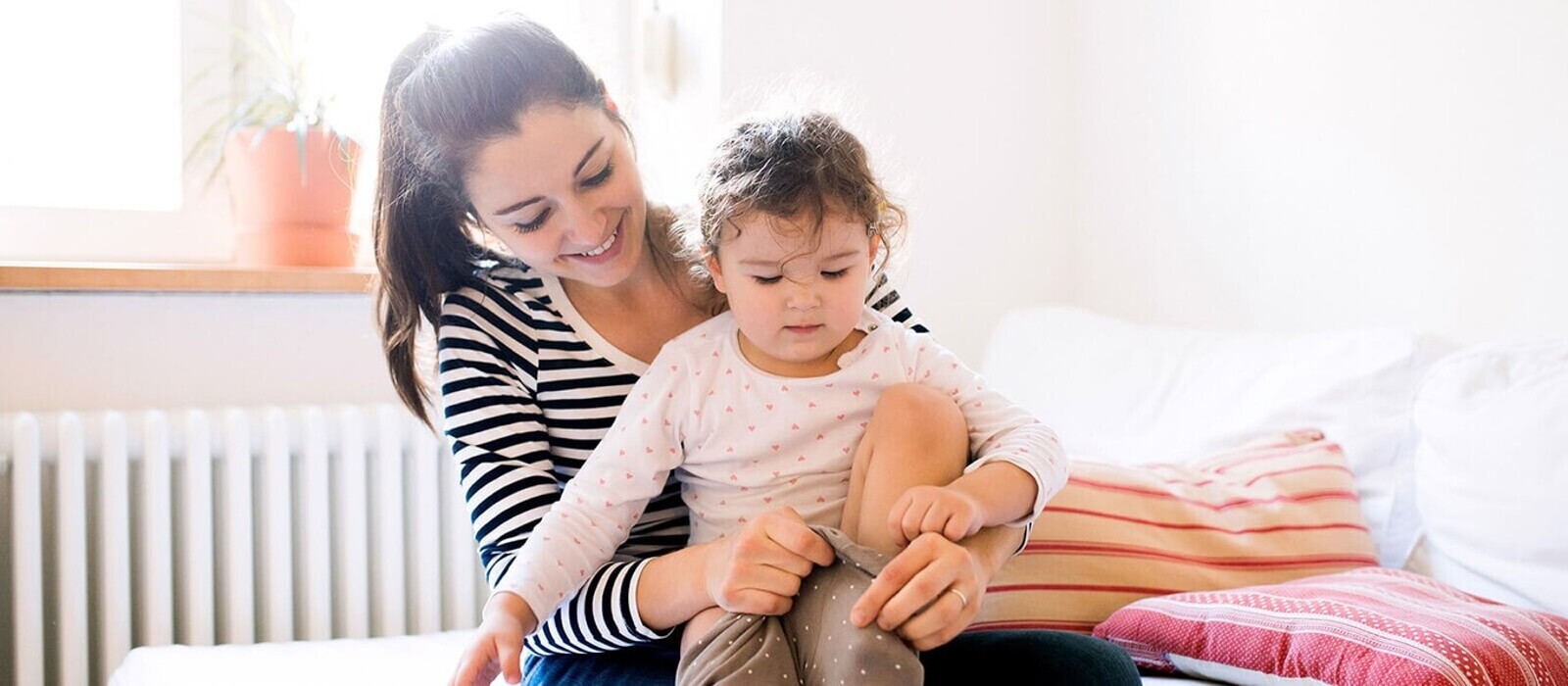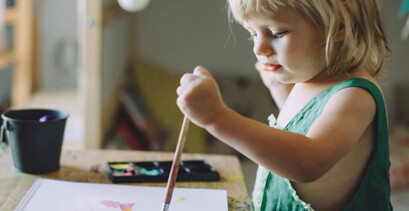Getting Dressed
It sometimes feels like it would be easier to just dress your daughter yourself, but your child needs to learn how to do it.
It sometimes feels like it would be easier to just dress your daughter yourself, but your child needs to learn how to do it. It’s a process that will build her confidence, independence and sense of achievement. It also helps her develop many other skills, including fine motor skills (through fastening buttons and zips), gross motor skills (by standing on one leg to put on pants), cognitive skills (by remembering the order in which she needs to get dressed, and building the patience to do the entire process), and awareness of time and space (by learning to dress for certain occasions or according to the weather).
While every child learns things at his or her own pace, here are some guiding milestones to help you know what’s age appropriate for your preschooler.
- By age three, your child should be able to:
- Put on t-shirts with little help
- Put on shoes, though she might put them on the wrong foot
- Put on socks, though he may need help with the heel
- Pull down her pants alone
- Zip and unzip
- Take off t-shirts without any help
- Button large buttons
By age four, she should be able to:
- Buckle her shoes and belts
- Connect her zipper and zip it up and down
- Put on her socks the right way
- Put on her shoes correctly, with little help
- Know the front and back of clothing
Reference:
Share

The Magnificence of a Developing Child
A famous Italian psychologist, Professor Loris Malaguzzi wrote: “It’s necessary that we believe that the child is very intelligent and competent, that the child is strong and beautiful and has very ambitious desires and requests. This is the image of the child that we need to hold.” (Loris Malaguzzi, Reggio Emilia 1993)




